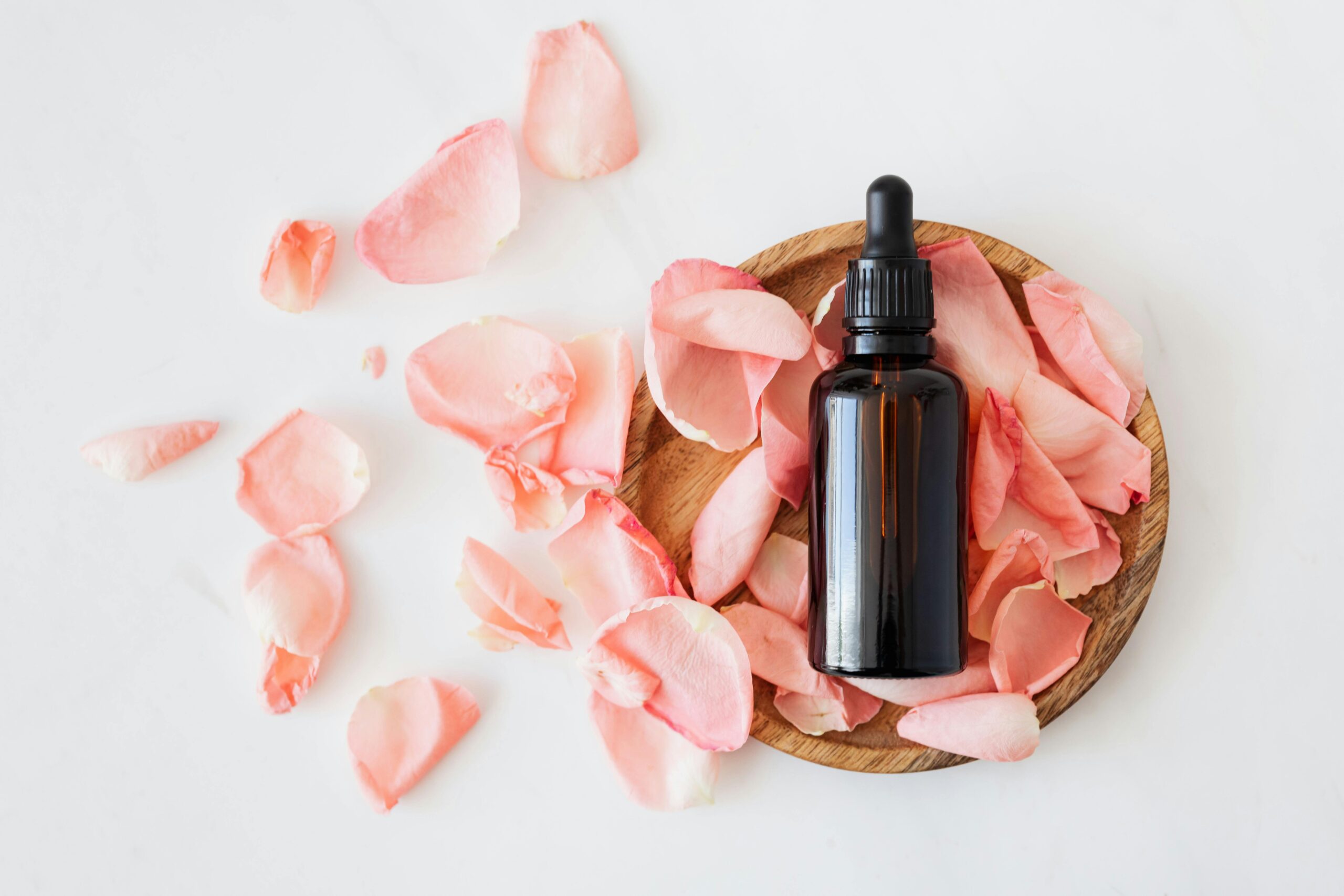Acne is one of the most common skin concerns, affecting people of all ages. While there are countless products on the market, natural remedies can be just as effective—and often gentler on your skin. In this article, we’ll explore the best natural remedies for acne-prone skin, backed by science and time-tested by generations. Whether you’re dealing with occasional breakouts or persistent acne, these solutions can help you achieve clearer, healthier skin. Let’s get started!
1. Tea Tree Oil: Nature’s Antiseptic
Tea tree oil is a powerful essential oil known for its antibacterial and anti-inflammatory properties. It helps kill acne-causing bacteria and reduce redness and swelling.
- How to Use: Dilute tea tree oil with a carrier oil (like jojoba or coconut oil) in a 1:10 ratio. Apply it directly to blemishes using a cotton swab.
- Best For: Mild to moderate acne.
- Pro Tip: Do a patch test first to ensure you don’t have an allergic reaction.
2. Aloe Vera: Soothe and Heal
Aloe vera is a natural anti-inflammatory and antimicrobial agent that soothes irritated skin and promotes healing. It’s especially helpful for reducing redness and preventing scarring.
- How to Use: Apply pure aloe vera gel directly to clean skin. Leave it on for 10-15 minutes, then rinse off.
- Best For: Redness, inflammation, and post-acne marks.
- Pro Tip: Use fresh aloe vera gel from the plant for the best results.
3. Honey: A Natural Humectant and Antibacterial
Honey is a natural humectant that draws moisture into the skin while its antibacterial properties help fight acne-causing bacteria.
- How to Use: Apply raw honey directly to your face as a mask. Leave it on for 10-15 minutes, then rinse off.
- Best For: Dry, acne-prone skin.
- Pro Tip: Manuka honey is especially effective due to its high antibacterial activity.
4. Apple Cider Vinegar: Balance Your Skin’s pH
Apple cider vinegar (ACV) helps balance your skin’s pH and has antimicrobial properties that can reduce acne.
- How to Use: Mix 1 part ACV with 3 parts water. Apply it to your skin using a cotton pad, then rinse off after 5-10 minutes.
- Best For: Oily, acne-prone skin.
- Pro Tip: Always dilute ACV to avoid irritation.
5. Green Tea: Reduce Inflammation and Oil Production
Green tea is rich in antioxidants and has anti-inflammatory properties that can help reduce acne and soothe irritated skin.
- How to Use: Brew green tea, let it cool, and apply it to your skin using a cotton pad. You can also use skincare products containing green tea extract.
- Best For: Redness and inflammation.
- Pro Tip: Drink green tea daily for added antioxidant benefits.
6. Witch Hazel: A Natural Astringent
Witch hazel is a natural astringent that helps remove excess oil, tighten pores, and reduce inflammation.
- How to Use: Apply witch hazel to clean skin using a cotton pad. Use it as a toner in your skincare routine.
- Best For: Oily, acne-prone skin.
- Pro Tip: Choose alcohol-free witch hazel to avoid drying out your skin.
7. Turmeric: Anti-Inflammatory and Antibacterial
Turmeric contains curcumin, a compound with powerful anti-inflammatory and antibacterial properties. It can help reduce acne and brighten your complexion.
- How to Use: Mix 1 teaspoon of turmeric powder with 2 teaspoons of honey or yogurt to form a paste. Apply it to your face, leave it on for 10-15 minutes, then rinse off.
- Best For: Inflammatory acne and hyperpigmentation.
- Pro Tip: Be careful—turmeric can stain your skin and clothes.
8. Zinc: Regulate Oil Production
Zinc is an essential mineral that helps regulate oil production and reduce inflammation. It’s particularly effective for hormonal acne.
- How to Use: Take a zinc supplement or use skincare products containing zinc oxide.
- Best For: Hormonal acne and oily skin.
- Pro Tip: Consult a healthcare professional before starting any supplements.
9. Oatmeal: Gentle Exfoliation and Soothing
Oatmeal is a gentle exfoliant that removes dead skin cells and soothes irritated skin. It’s perfect for sensitive, acne-prone skin.
- How to Use: Mix ground oatmeal with water or honey to form a paste. Gently massage it onto your skin, then rinse off.
- Best For: Sensitive, acne-prone skin.
- Pro Tip: Use colloidal oatmeal for a finer texture.
10. Coconut Oil: Moisturize and Fight Bacteria
Coconut oil has antimicrobial properties and is an excellent moisturizer. However, it’s comedogenic, so it’s best suited for dry, acne-prone skin.
- How to Use: Apply a small amount of virgin coconut oil to clean skin as a moisturizer.
- Best For: Dry, acne-prone skin.
- Pro Tip: Do a patch test first, as coconut oil can clog pores for some people.
How to Incorporate Natural Remedies into Your Routine
Here’s a sample routine using natural remedies:
Morning:
- Cleanse with a gentle, natural cleanser.
- Tone with diluted apple cider vinegar or witch hazel.
- Apply aloe vera gel or green tea extract.
- Moisturize with a lightweight, non-comedogenic oil (like jojoba oil).
- Use sunscreen.
Night:
- Double cleanse to remove dirt and impurities.
- Spot treat with tea tree oil or honey.
- Apply a turmeric or oatmeal mask 2-3 times a week.
- Moisturize with coconut oil (if suitable for your skin).
Tips for Managing Acne-Prone Skin
- Avoid Touching Your Face: Your hands carry bacteria that can worsen acne.
- Stay Hydrated: Drink plenty of water to flush out toxins.
- Eat a Balanced Diet: Avoid sugary and processed foods, which can trigger breakouts.
- Be Patient: Natural remedies take time to show results. Stick with them for at least 4-6 weeks.
Conclusion
Natural remedies can be a gentle and effective way to manage acne-prone skin. From tea tree oil and aloe vera to green tea and turmeric, these solutions offer a holistic approach to clearer, healthier skin. Remember, consistency is key, and what works for one person may not work for another. Listen to your skin and adjust your routine as needed.
For more skincare tips and natural remedies, subscribe to Universo Íntimo and follow us on social media. Let’s embrace natural beauty together!

